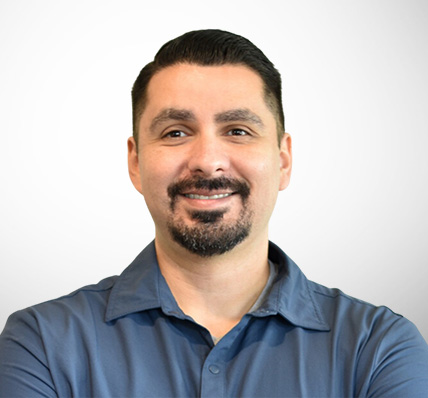PASADENA, Calif., August 26, 2024 — AcuraStem, a patient-based biotechnology company pioneering the development of treatments for neurodegenerative diseases, today announced the appointment of Dr. Rafael Renteria as Principal Scientist, hiPSC Platform. Prior to joining AcuraStem, Dr. Renteria served as a principal scientist at Creyon Bio, where he led the development of high-throughput in vitro assays crucial for assessing neurotoxicity and cardiotoxicity in antisense oligonucleotide therapies.

In his new role, Dr. Renteria will manage and further develop AcuraStem's innovative hiPSC platform technology, which employs human iPSC-derived CNS cell types to model neurodegenerative diseases and bolster the rapid development of antisense oligonucleotide therapeutics. This technology is critical for target discovery/validation, lead selection, and biomarker evaluation. His leadership will also extend to managing external collaborations and directing internal cross-functional teams to achieve early discovery research milestones.
"Dr. Renteria's extensive experience and his proven track record in neurophysiological research and assay development make him an invaluable addition to our team," said AcuraStem CEO Sam Alworth. "His appointment is a key step in our commitment to advancing disease-modifying targeted therapies for neurodegenerative diseases. Dr. Renteria's forward-thinking approach and deep understanding of disease mechanisms will significantly enhance our ability to develop targeted interventions to alter the course of these challenging conditions."
